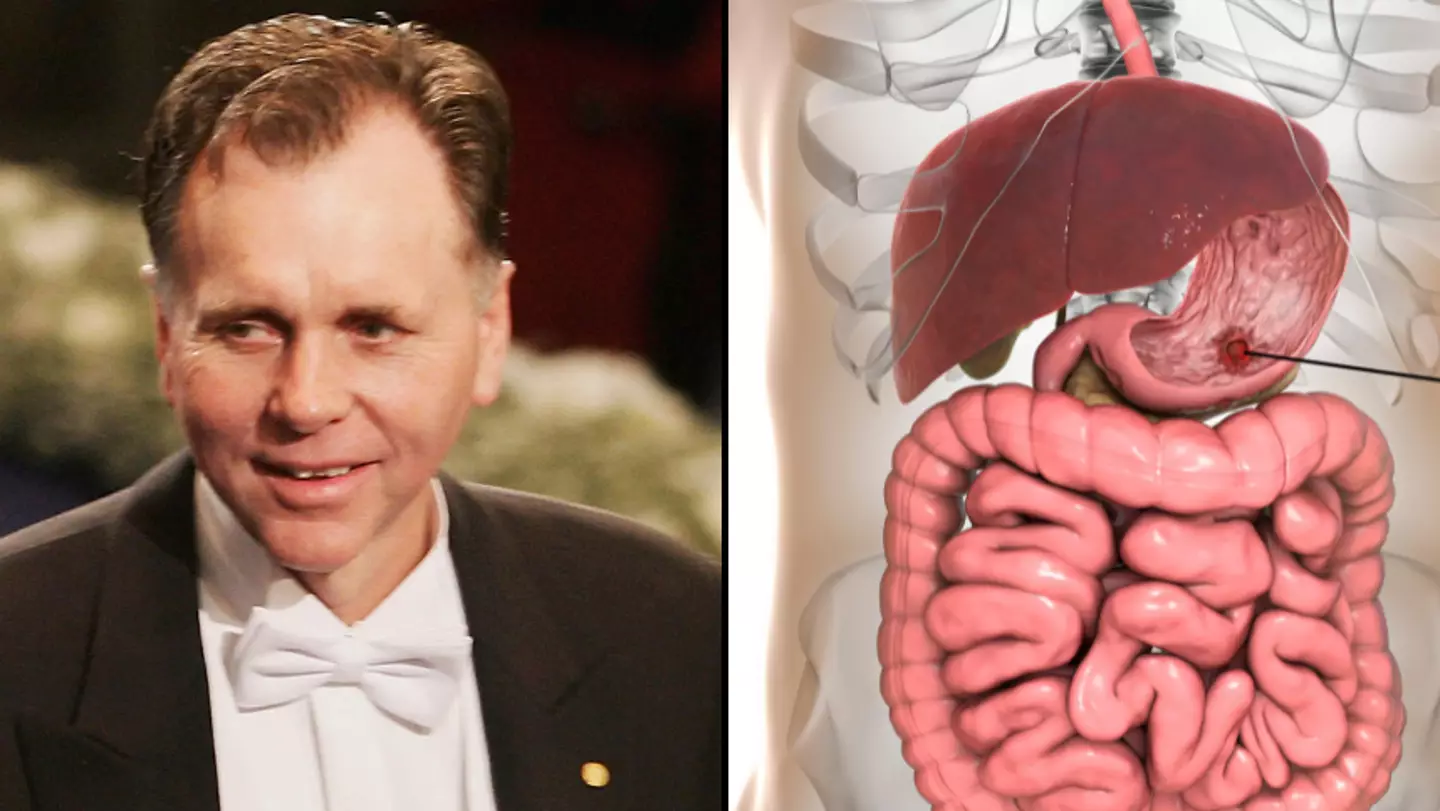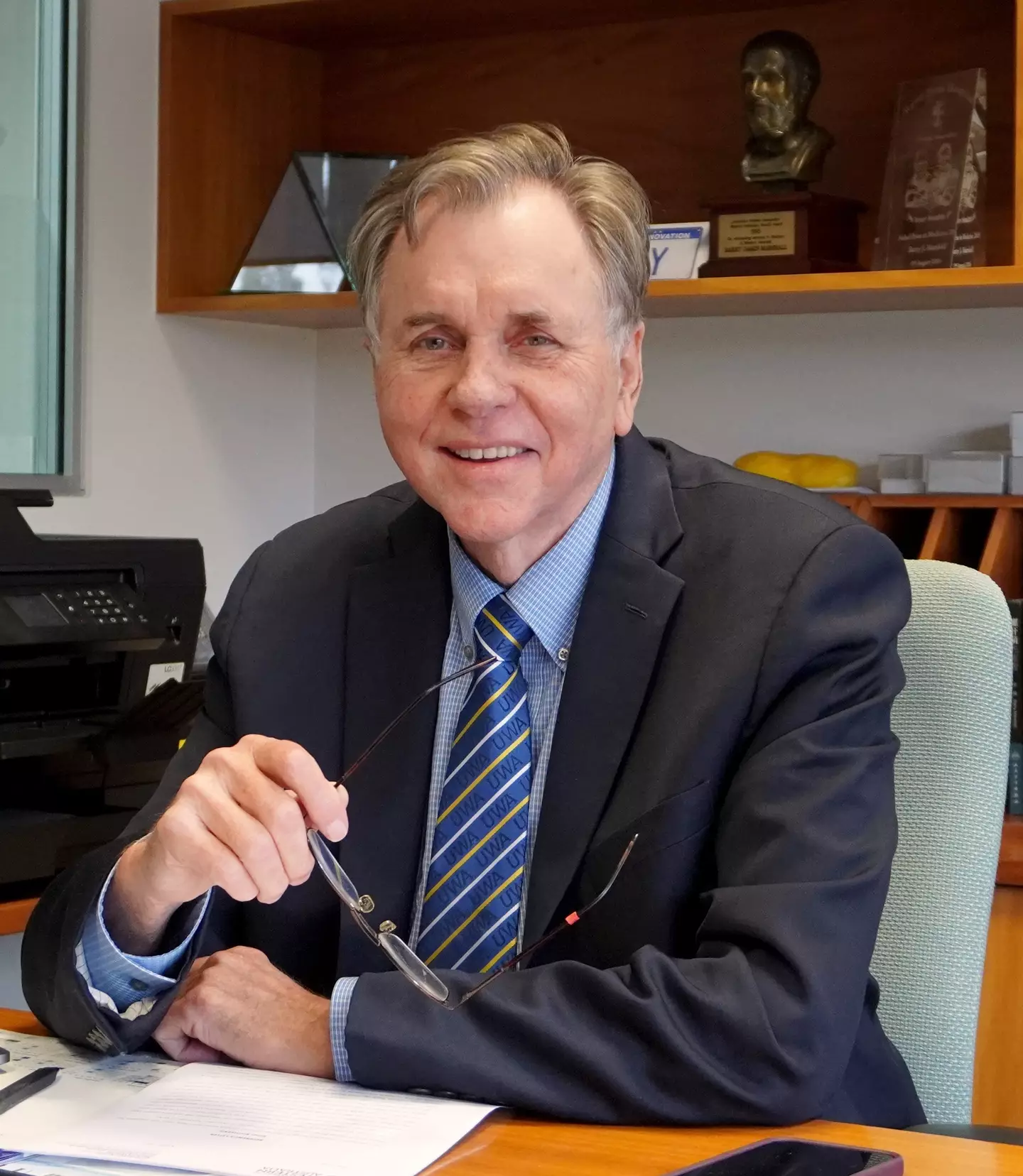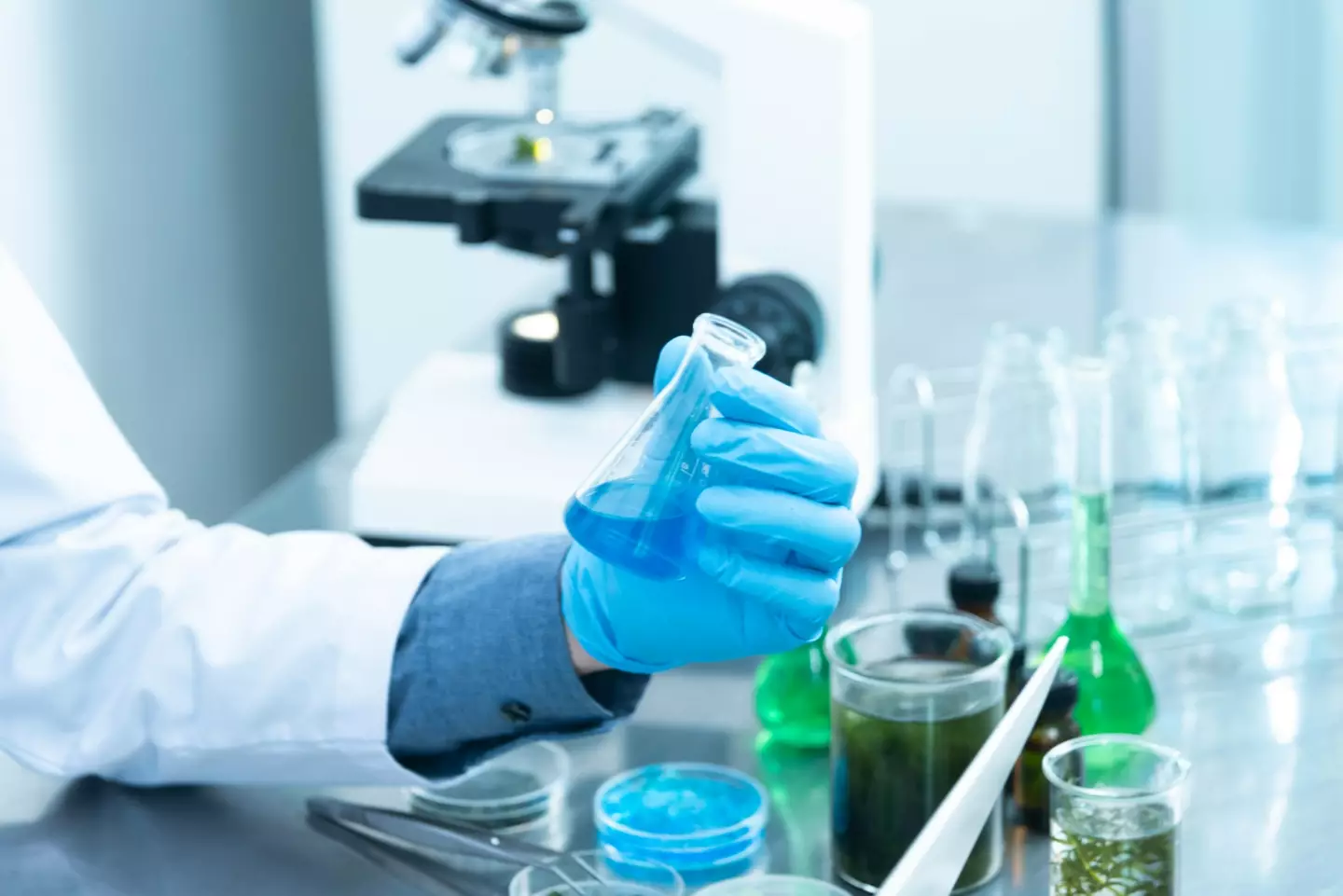
An Australian physician once scooped the Nobel Prize after he deliberately ingested harmful bacteria to prove his theory about the development of stomach ulcers.
For years, experts believed that peptic ulcers were caused by stress, eating spicy foods or having too much stomach acid.
However, Doctors Barry Marshall and Robin Warren discovered that a bacteria called Helicobacter pylori (H. pylori) could lead to ulcers.

Advert
But upon sharing their theory, the two were met with scepticism by other scientists and medics, most of whom believed that bacteria couldn’t survive inside the acidic stomach environment of humans.
After unsuccessfully attempts to infect animals with the bacteria, in 1984 Marshall took matters into his own hands - or stomach - to prove what he and Warren were saying was correct.
Marshall cultivated the bacteria from the stomach of a patient who had gastritis and was able to successfully treat it with antibiotics. Ta dah!
But Marshall didn’t stop there - somewhat incredibly - he used himself as a human guinea pig and knocked back the same bacteria in a ‘cloudy broth’ in an attempt to infect himself.
Talking about the experiment, Marshall said: “I went home and told my wife about it, and of course, she was like, ‘Oh, my God, you're gonna infect the whole family. That's why you've got such a bad breath. This is disaster.’”
Advert
And she was sort of right, because shortly after, Marshall began to feel unwell and began throwing up - 10 days after ingesting the bacteria, his endoscopy confirmed that he had developed gastritis.
It also showed that contrary to popular opinion at the time, the bacteria had flourished in his stomach.
After proving what he set out to prove, Marshall took antibiotics and soon recovered from the illness.

The unusual experiment was published in the Medical Journal of Australia in 1985 but it would be 20 years before Marshall and Warren were properly recognised for their groundbreaking work after being awarded a Nobel Prize in 2005.
Advert
In a statement, Nobel organisers said: “The Nobel Assembly at Karolinska Institutet has awarded the Nobel Prize in Physiology or Medicine jointly to Barry Marshall and Robin Warren for their discovery of the bacterium Helicobacter pylori and its role in gastritis and peptic ulcer disease.
"Thanks to this pioneering discovery, peptic ulcer disease is no longer a chronic, frequently disabling condition, but a disease that can be permanently cured.”